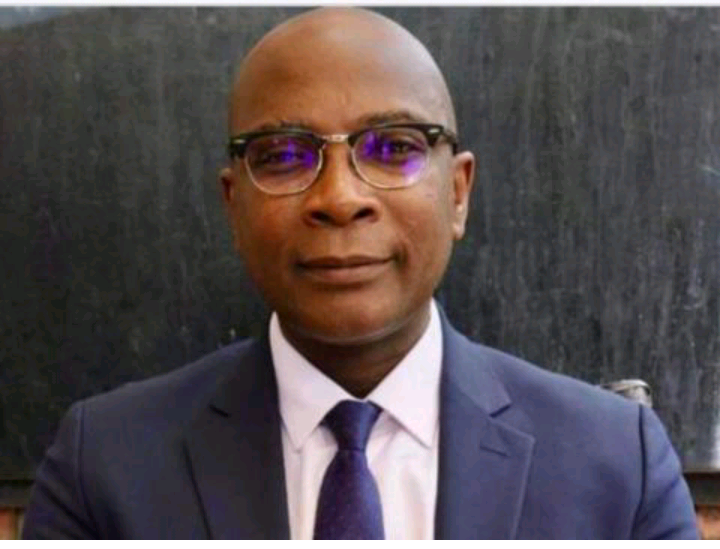
Modernizing Education in Sierra Leone: A Call for Practical Skill Development
As the world advances at a rapid pace, it becomes imperative for nations to adapt their educational systems to meet the evolving needs of society. Sierra Leone stands at a crucial juncture, grappling with the outdated remnants of a colonial-era education system that no longer serve its people effectively. The time has come for Sierra Leone to break free from the shackles of inherited educational structures and embrace a modern, practical approach that empowers its youth with relevant skills for the future.
The current educational landscape in Sierra Leone is characterized by a significant investment of resources, with approximately 16.9% of the country’s budget allocated to education in 2019 and is expected to rise to 23% by the end of 2023. However, despite this substantial investment, the returns are far from satisfactory. Students graduate from schools and universities only to find themselves ill-equipped to secure gainful employment or pursue entrepreneurial endeavors.
One of the fundamental flaws of the existing system is its emphasis on theoretical knowledge over practical skills. While academic subjects have their place, there is a pressing need to incorporate vocational training and skill development into the curriculum. The traditional “six-three-three-four” education structure must be reimagined to include pathways that lead students towards employment or self-employment through the acquisition of tangible skills.
Sierra Leone must prioritize courses and training programs that are aligned with the demands of the modern economy. This includes trades such as masonry, electrical work, nursing, plumbing, road maintenance, auto mechanics, farming, and animal husbandry, among others. By equipping young people with these practical skills, the country can cultivate a skilled workforce that drives economic growth and reduces dependency on foreign aid.
Furthermore, there is a critical need to address the gender disparity in education and employment. Too often, girls in Sierra Leone are sidelined from pursuing education and are subsequently relegated to roles that offer limited opportunities for advancement. By providing equal access to skill-based education and vocational training, Sierra Leone can empower women to become active participants in the workforce and break the cycle of dependency.
It is also essential to recognize the changing landscape of consumer preferences and market dynamics. Traditional trades such as gara tie-dying, soap making, and tailoring, which once thrived in Sierra Leone, are now facing obsolescence due to globalization and changing consumer behaviors. As such, the focus should shift towards skills that are in demand both domestically and internationally, ensuring that graduates are equipped to compete in the global marketplace.
Moreover, fostering a culture of entrepreneurship and innovation is crucial for sustainable economic development. Sierra Leone must encourage creativity and initiative among its youth, providing them with the tools and resources to start their own businesses and contribute to the growth of the economy.
In conclusion, the transformation of Sierra Leone’s educational system is not merely a matter of modernization but a strategic imperative for the nation’s future prosperity. By prioritizing practical skill development, addressing gender disparities, and aligning education with the demands of the modern economy, Sierra Leone can unlock the full potential of its youth and pave the way for sustainable development and economic self-sufficiency. It is time for Sierra Leone to embrace change and chart a new course towards a brighter future.
By Alpha Amadu Jalloh
The FOX 🦊